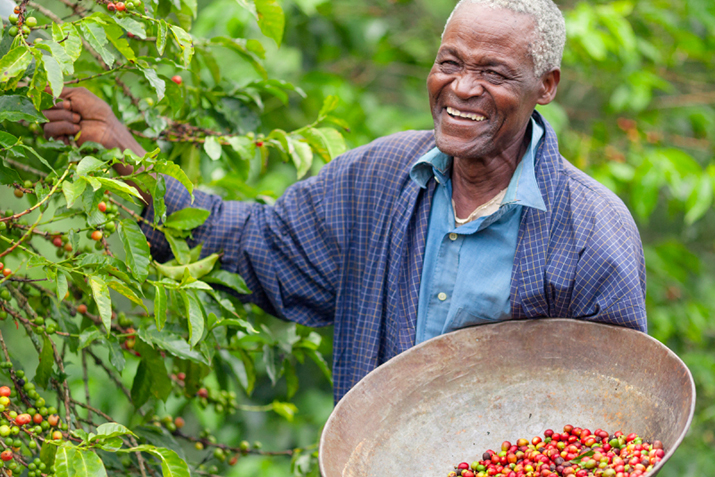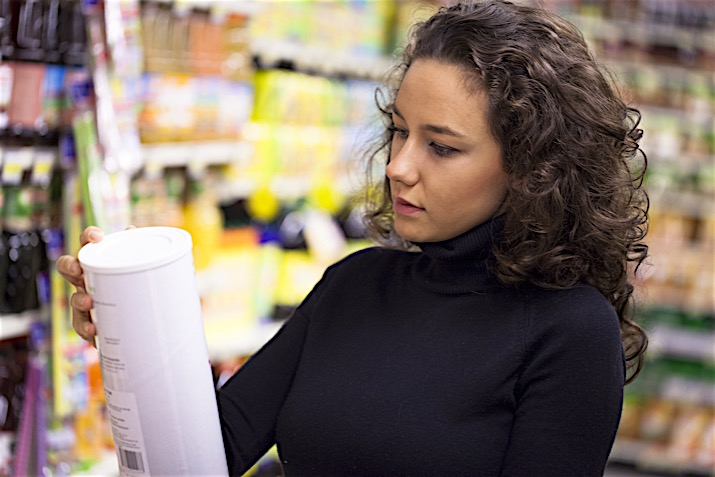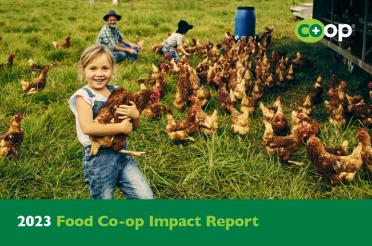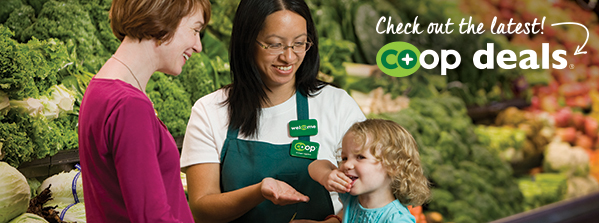Article
Food Co-ops: Together We Can Restore the Climate

From locally grown, organic food to pasture-raised meats and dairy, many of the products on co-op shelves are getting new attention thanks to research that indicates these food production methods are helping to slow global warming. This makes your local food co-op a tremendous community resource for anyone interested in building a more sustainable food system.
Estimates put food production—which includes agriculture, manufacturing, transportation and waste—as responsible for 25% of global greenhouse gas emissions, making food a major contributor to climate change. But research shows us that it doesn’t have to be this way, in fact, we have all the technology and knowledge we need to begin to reverse these trends.
We’ve put together some of the most inspiring research about potential food system solutions to climate change from Project Drawdown, an international coalition working to reverse climate change. Check out the climate benefits of some of your favorite co-op foods and learn more about how we can all work together to restore our climate, one meal at a time.
Plant-based proteins
As one of the very best things you can do to help slow global warming, adopting a plant-rich diet is an approach to eating that welcomes everyone to the table. Read up on why and how this diet works and learn about plant-based proteins in The Flexible, Flavorful and Fabulous Plant-rich Diet.
Grass-fed/pastured meat and dairy
There’s room for meat and dairy in a climate-friendly diet, but it will necessitate that we find ways to reduce the environmental impact of raising animals. Pasture holds the promise. Learn how in Pasture Perfect: How Livestock Can Slow Climate Change.
USDA Certified Organic foods
The environmental benefits of organic food are well-known, but you might be surprised to find out just how good organic agriculture is for our climate. Learn all about how Organic Farms Are Slowing Climate Change.
Rainforest-friendly tropical foods
Tropical rainforests are our front line against climate change, and yet industrial agriculture is destroying them at an alarming rate. Organic and fair trade tropical foods like coffee, chocolate, coconut and palm oil are reversing this trend. Learn more in Is There Anything Coconut Can’t Fix? Sustainable Tropical Foods Benefit Climate.
Regenerative organic agriculture, perennial grains
The future of food can be abundant, healthy and environmentally constructive. Regenerative agricultural methods show promise for restoring our climate and a “regenerative organic certification” for products is imminent. Likewise, perennial grains like Kernza (wheat) are on the way to food co-op shelves. See what’s coming with Farms and Foods of the Future.
Reducing food waste
Estimates put household food waste in the United States as high as 25% of food purchased! Unfortunately, when it ends up in the landfill, rotting food produces greenhouse gases responsible for global warming. There are many ways to reduce food waste though—Want to Waste Less Food? Start Here.
Food co-ops show leadership on climate
Check out the inspiring projects food co-ops across the country are doing to reduce environmental impact and combat climate change.
Food companies showing leadership on climate
Food co-ops sponsor a friendly competition among their peers and partners in the natural foods industry to identify and award innovative best practices for climate change. Check out the winners and be inspired!













